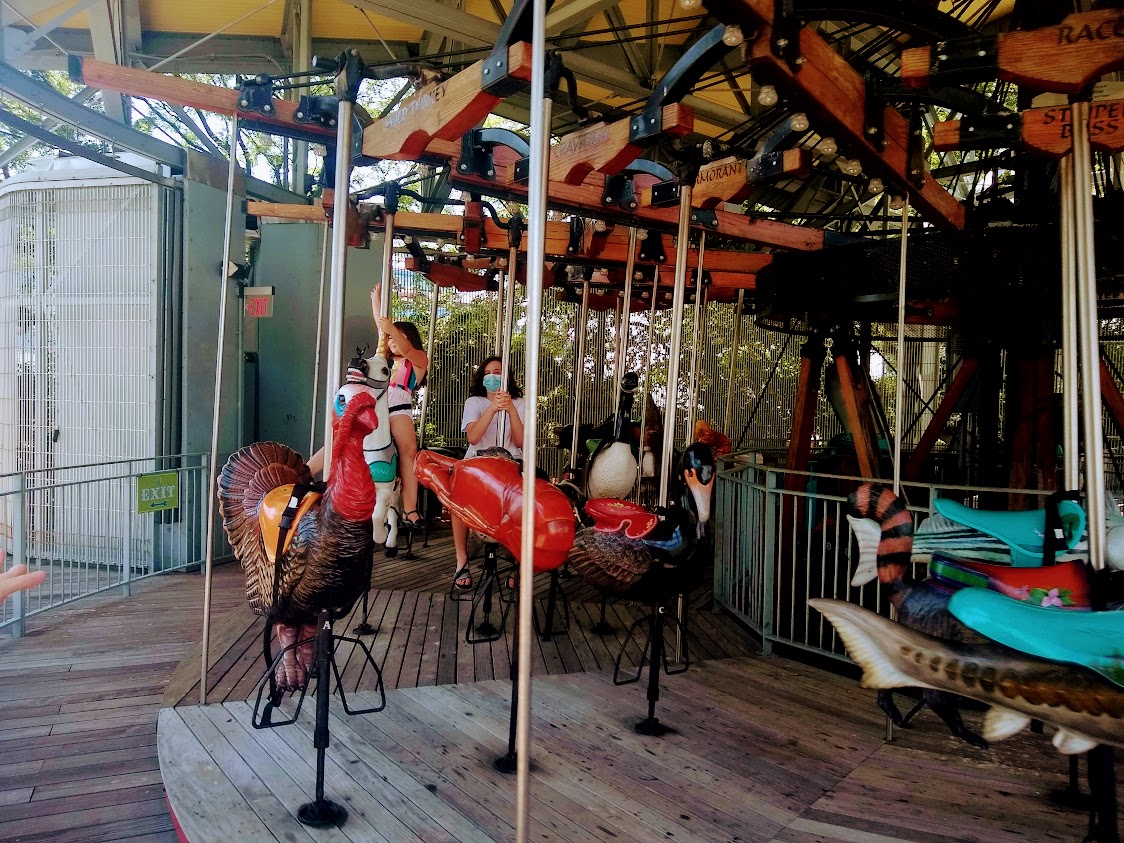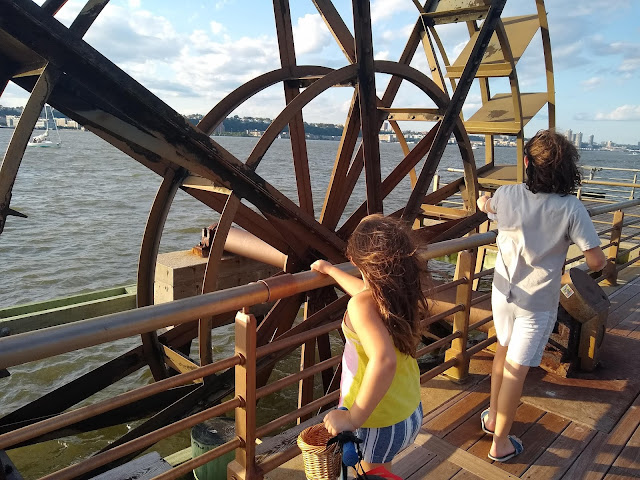From one moment to the next

Working on a mindful gardening project, which has led me to pick up Louise Dickinson Rich's book We Took to the Woods again. Not sure why--does she garden much in particular? She's out in the woods and there is some kind of garden I think. She's very mindful. Very deliberate. Very able to live in the present and not give into any fear of missing out. I was flipping through the section where she presents a defense to people who worry that she's "out of touch" with culture/news etc. In response she talks about how much she has been able to read out there (all of Proust, for example, which didn't impress her (!?)) and "The Education of Henry Adams" among other works. Here she talks about what she sees as the benefit of waiting for Friday to get a summary of that week's news. "We get our news a little late, but I wouldn't be surprised if in the long run we have a clearer and more sensible idea of what is going on that those who read every special edition and listen to the special spot-news broadcasts on the radio all day long. Frankly, I don't see how they can possibly know where they're at from one moment to the next, and I should think they'd all go raving mad" (255).
So of course you know that I'm thinking--doesn't that sound like today's, say, New York Times reader, who get the paper delivered to the door, versus those of us who refresh Huffpo and Twitter constantly to see if we missed any major happenings in the last 5 minutes? Yes, partly I am thinking that. And my initial take is that it's all the worse now. You thought that was bad? The all-day radio listener was the addict? Just like in The Gift from the Sea when Anne Morrow Lindbergh talks about housewives no longer able to draw on their imaginations anymore because of radio. Or a 1979 article from the Times that talked about people getting rid of their answering machines when being tracked down became too burdensome and annoying. Or early revolts against the telephone for displacing the once beloved art of the letter. At first these anachronistic complaints of speed or distraction highlight how far we've fallen away from having time and space and room to think and be alone. But then I also wonder if the problem of new technology's disorientating effects has always been in place. In his 2004 In Praise of Slowness Carl Honore talks about the reaction against ancient writing systems and the hysteria about its corrosive effects on memory.
I don't think that's the right conclusion either. To say - every age reacts against change. But I just want to acknowledge that possible interpretation, before making a claim for exponential growth of speed and distraction. Except I can't make that claim tonight. I must get back to a bunch of tasks here, big and small ones, mostly small.


I remember seeing a picture online about how people were antisocial before cellphones - a train car filled with men looking at newspapers. And a cartoon on Facebook showing how people on their cellphones were sending texts to loved ones, so it wasn't as antisocial as it seems...
ReplyDeleteGood to keep in mind..
ReplyDeleteSuch a weird space between being connected and being disconnected...to be connected to one thing (or many one things) we must disconnect from another thing. To connect to old friends we search the internet, which often means disconnecting (at least in those moments?) from the people sitting next to us.
ReplyDeleteMindful gardening--what an exciting project! I was just thinking about it this week... The act of gardening or building little cairns on the shore with Isabella or even cleaning the house leave me feeling refreshed in a particular way. At first I'd thought it was simply being in nature. Then after I deep-cleaned the second floor, I realized I had the same calm feeling. The one that comes from being fully engaged with an activity and entirely disconnected from devices--for whole hours (ahhhh). Without even the nagging thought of, ooo maybe I'll take a picture.
ReplyDeleteSuch an interesting list here of people who've resisted advancements in communication technology in the past. The one about getting rid of answering machines in 1979 cracked me up! Answering machine's were such a trip. People left different sorts of messages than they do now on voicemail. I remember the voices of my college friends' moms or faraway friends as we'd play our machine, the red light blinking, excited to find out who'd called. And when email was still new, I wrote incredibly long emails--the magic of being able to send a letter in an instant. Now everything is text--immediate and abbreviated. Yesterday I wrote a letter and drove to the post office to mail it. It felt good. I suppose I could've said it all over the phone or written it in an email, but the connection wouldn't have been the same.
Thanks for your long, thoughtful reply. I keep calling it mindful gardening, but it's really more mindfulness in the garden. Oh I so love that idea of building little cairns on the shore (do you ever try Mandela's?). Yes yes! I get that same refreshed feeling, especially outside but inside too. In fact inside for hours at a time *not* on the screen, I find myself falling into a different feel altogether. Time mingles with the past...it's so whole feeling. Yes - nagging picture thought! So much here to talk about.
ReplyDeleteTrue about different message on answering machines. I feel like people left more information because you didn't have another way of sending it. Like a lot might be logistics or a good time to reach them.
Love picturing you with your letter, slipping it in the mail.
Amie, for some reason your comment just popped up. I'm reading Sherry Turkle now - she has a lot of great stuff on just that exact connection/disconnection you're talking about...
ReplyDelete